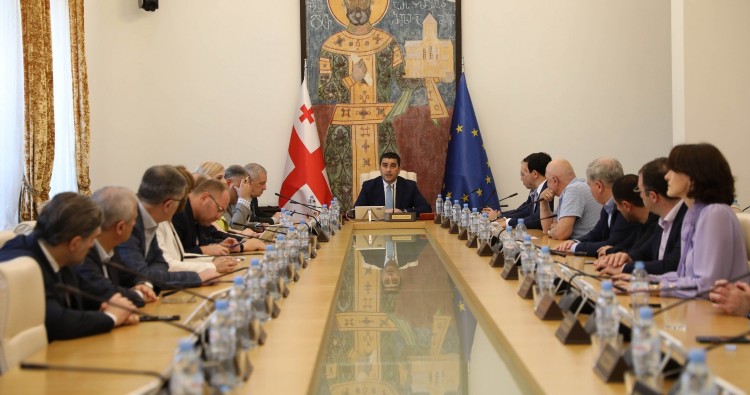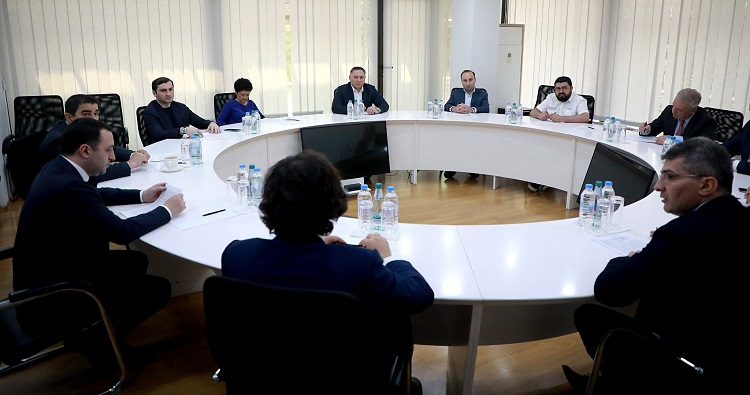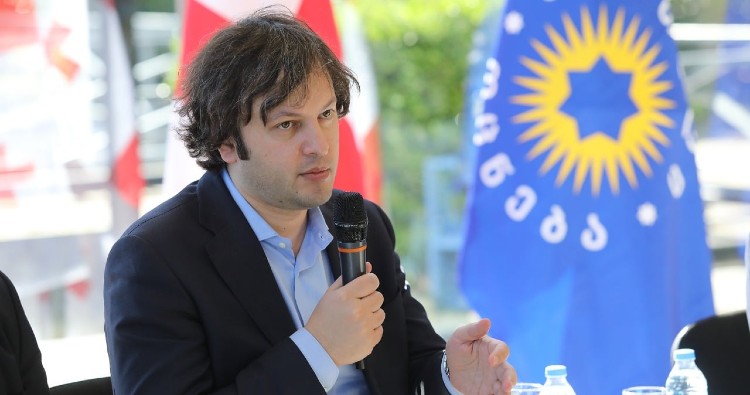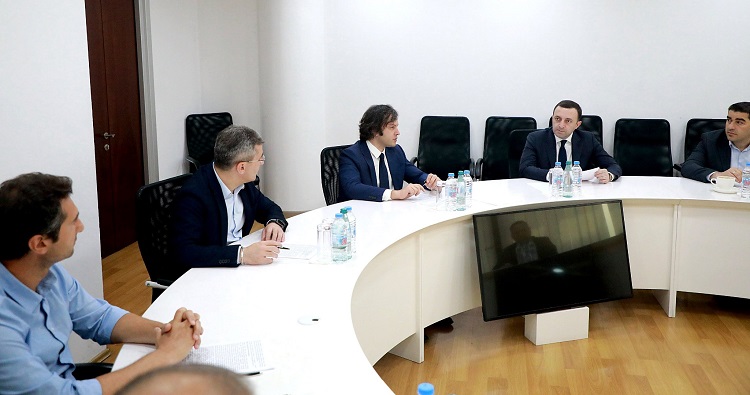Czech Ambassador: Georgian opposition boycotting working groups on EU conditions a mistake
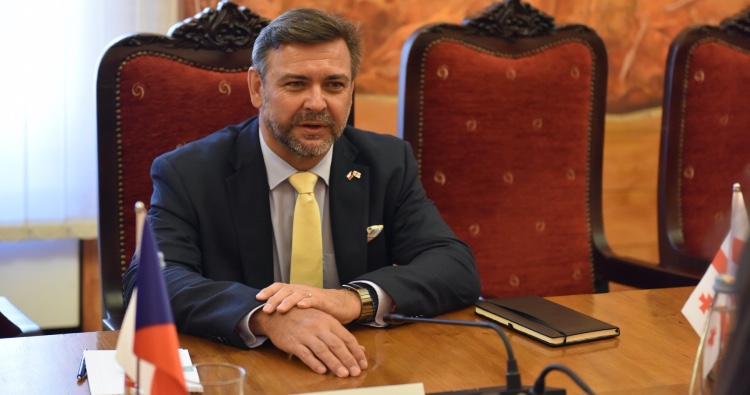
The Ambassador also added depolarisation was “possible” in case there was “relevant will” from political forces in the country, and added “every step” in the European integration direction should be made “in a consensus” and be discussed between all political parties and with the civil society. Photo: Parliament.ge
The decision of the Georgian opposition to boycott the working groups proposed by the ruling Georgian Dream party in order to fulfil the European Union membership status conditions is a mistake, Petr Mikyska, the Ambassador of Czechia to Georgia, said on Tuesday in an interview with local media outlet Interpressnews.
Mikyska said “all political forces and civil society” in Georgia should discuss the setup for the next steps to improve the domestic political field, and only then proceed with the moves.
“Preconditions, boycotting and so on is a clear error which is not leading to depolarisation [of the divided local political environment]”, he said in reference to one of the conditions outlined by the European Council for granting Georgia the EU membership candidate status later this year.
The Ambassador also added depolarisation was “possible” in case there was “relevant will” from political forces in the country, and added “every step” in the European integration direction should be made “in a consensus” and be discussed between all political parties and with the civil society.
“All forces - the Government, the opposition and civil society - should realise that they have to meet constructively, that they have to discuss in a civilised manner, without insults, without claims, without preconditions, and only in this way the depolarisation can be reached,” Mikyska emphasised.
The Parliamentary working group created to review judicial reforms for fulfilling conditions outlined by the EU held its first meeting on Monday. A part of the Parliamentary opposition has rejected participation on the grounds of having no confidence in the ruling Georgian Dream party, and demanded “concrete compromise steps” to be included in the process.
 Tweet
Tweet  Share
Share
